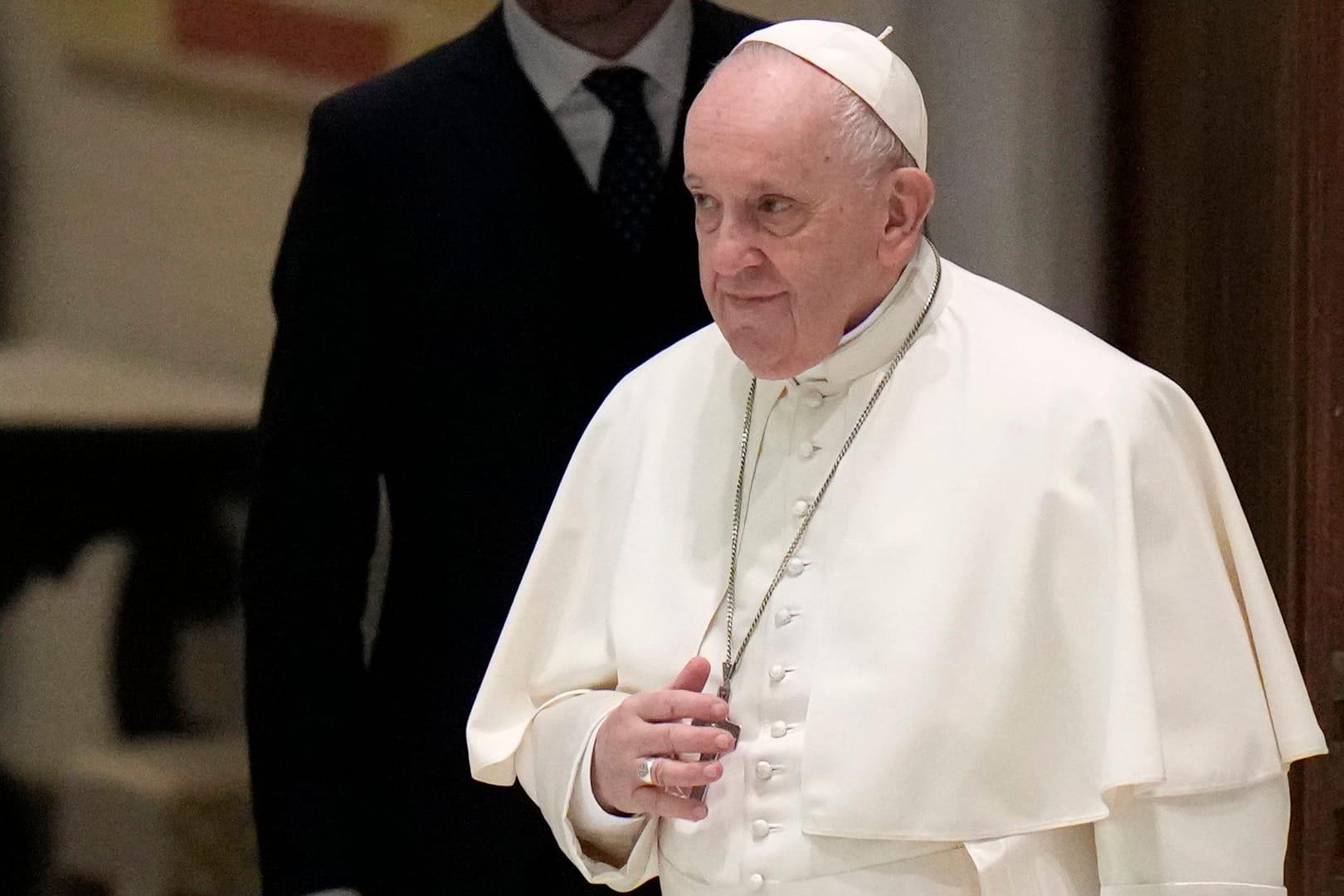ROME – Malta recently announced that it will hold general elections in late March, several months ahead of schedule and days before Pope Francis’s visit to the island nation, meaning the pope’s message risks being lost amid the political fallout.
Pope Francis is set to visit Malta April 2-3, marking his first international trip of the year. He will make several stops, visiting the cities of Valletta, Rabat and Floriana, as well as the island of Gozo.
Migration is expected to be a central theme of Francis’s visit, given that Malta has long been a key player in Europe’s migration debate. Illustrative of this is the fact that while in Malta, the pope is expected to visit a migrant welcome center while on the island.
However, the pope’s visit risks being overshadowed by local politics, after Maltese Prime Minister Robert Abela’s recent announcement that the country’s general elections will be held March 26, just a week before Pope Francis’s expected arrival.
Abela, who belongs to Malta’s ruling Labor party, took over as Malta’s prime minister in early 2020 following the resignation of his predecessor and fellow Labor prime minister, Joseph Muscat, amid criticism of the government’s handling of the murder of investigative journalist Daphne Caruana Galizia.
Malta’s political elite are still reeling from revelations in late 2019 that top government officials were involved in both the murder plot of Galizia, who was killed by a car bomb in 2017, and the coverup.
Known for in-depth reporting that exposed government corruption, Galizia was a household name in Malta, and her death sparked outrage throughout the country. After her murder, officials pledged an immediate and full investigation, however, that investigation was largely stalled until late 2019, when it was revealed that top government officials were implicated in Galizia’s death, including Muscat’s chief of staff.
In January 2020, Muscat resigned amid public pressure, including widespread protests, from both citizens and the European Parliament, which in December 2019 issued a resolution urging the European Union to open a rule of law dialogue with Malta, which put Malta at risk of losing its EU voting rights.
Pope Francis was initially scheduled to visit Malta in May 2020 on the heels of the corruption scandals, but the visit was postponed with the outbreak of the coronavirus pandemic, and the Vatican has struggled to find a workable date for its rescheduling.
Malta’s general elections were originally expected to take place in June, but Abela last weekend made the surprise move of asking the country’s President, George Vella, to dissolve parliament and trigger a national vote on March 26, just five days before Pope Francis’s visit.
March 31, two days before the pope’s arrival, also marks Malta’s Freedom Day commemorating the withdrawal of British troops and the Royal Navy in 1979. It is observed as a public holiday with major events attended by the president and other top government officials, giving it an undeniably political tone.
Typically, the Vatican refrains from visiting a country either during or too close to an election campaign, in part to avoid the impression that the pope is getting involved in local politics, and in part to ensure that his own message will not be lost or politicized by leaders eager to use the visit for personal benefit.
Abela’s Labor Party is expected to win a third term in office, meaning the days after the elections will be palpable with either celebration or disappointment among citizens who likely will be more occupied with political developments than what the pope has to say.
Since Malta’s elections were announced after the Vatican announced the dates of the papal visit, some have been pushing for a postponement, including members of the local ecclesial community, with some saying that holding a papal visit so close to an election is inappropriate.
However, a Vatican source familiar with the visit said that for the moment, planning is proceeding “as usual.”
A Vatican delegation is expected to visit Malta Friday, and an official program for the visit, if not postponed, is expected to be published sometime in the next few days.
This is not the first time that the Vatican has faced a snap election close to a papal visit.
On Jan. 8, 2015, days before Pope Francis visited, Sri Lanka held presidential elections two years ahead of schedule, with the incumbent President Mahinda Rajapaksa widely expected to win a third term in office, and welcome the pope as a celebration of his victory.
However, Rajapaksa suffered a shocking defeat, with his opponent Maithripala Sirisena winning 51.3 percent of the vote, meaning it was Sirisena who welcomed Pope Francis days later.
What will happen in Malta’s own election is yet to be seen, however, regardless of the results, if the papal visit does proceed as currently scheduled, Francis will have to wade through political waters that could risk overshadowing or hyper-politicizing whatever pastoral message he intends to bring with him.
Follow Elise Ann Allen on Twitter: @eliseannallen












